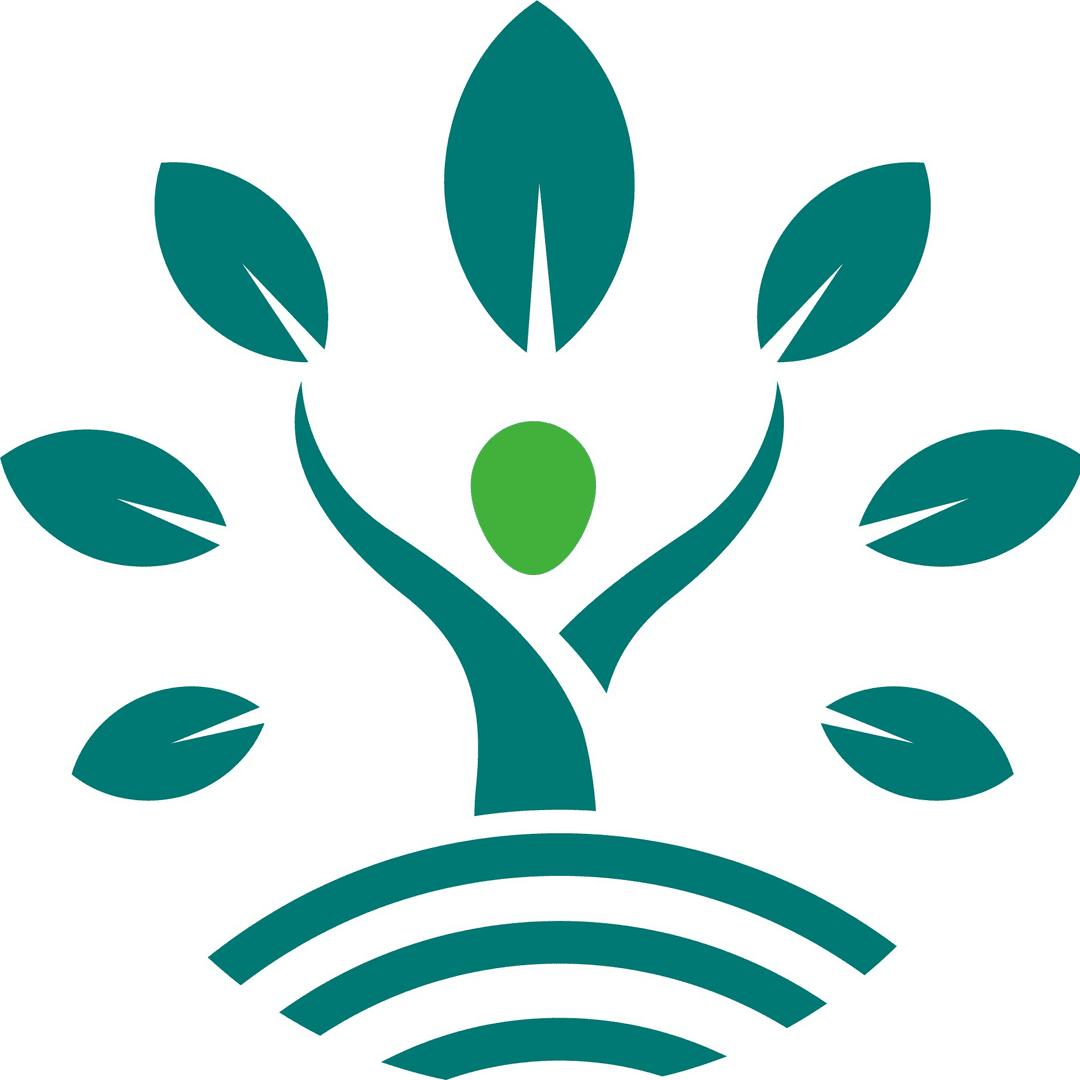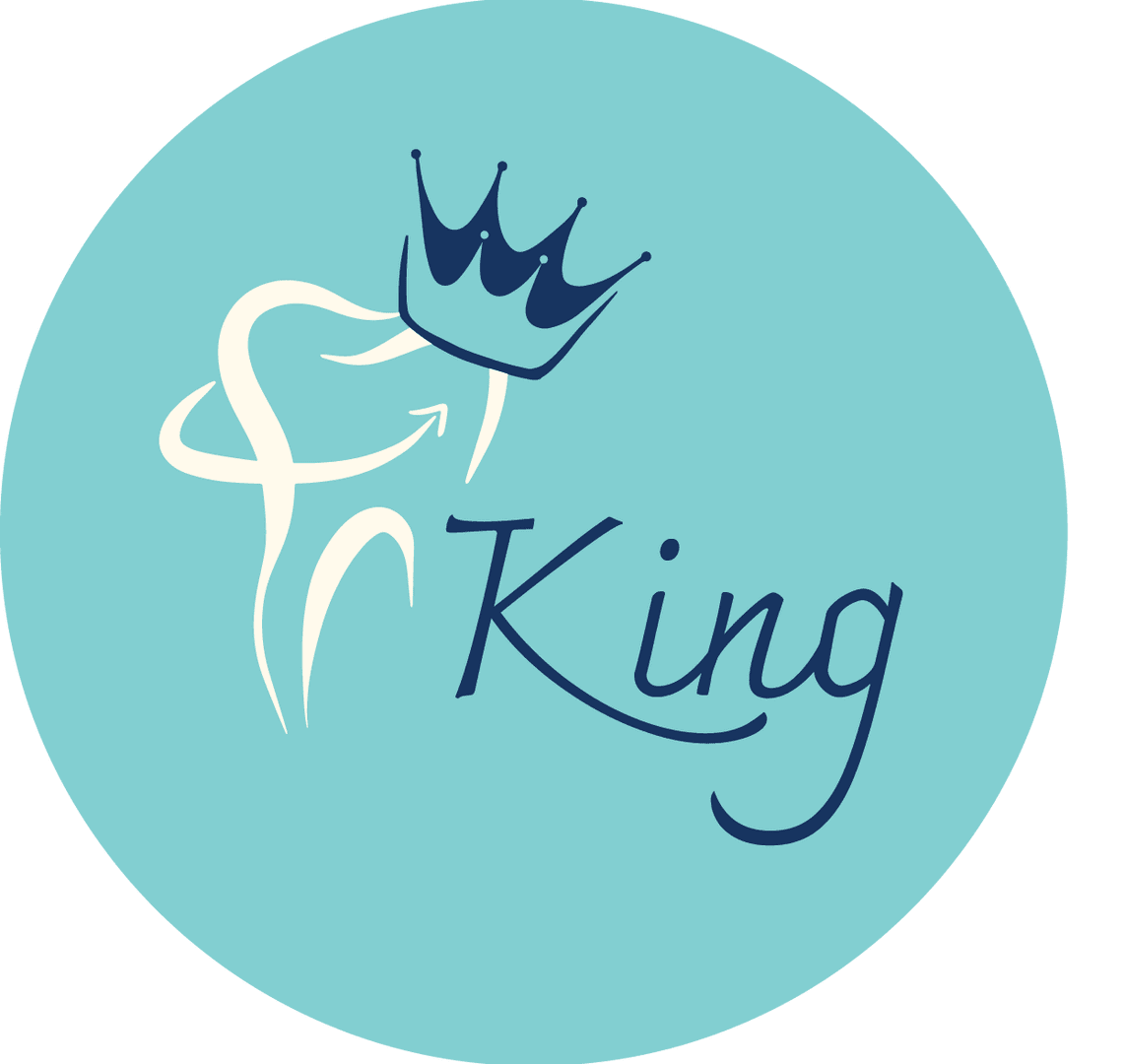
Expert care for vertigo causes, dizziness and TMJ disorders. Our evidence-based approach combines manual therapy with targeted exercises for lasting relief and improved quality of life.
- Precise diagnosis and treatment of vertigo (e.g. BPPV, labyrinthitis, Ménière's disease, etc.) and causes of dizziness
- Comprehensive approach to TMJ pain and headache management
- Clinic care or home for greater comfort
We offer personalized therapies for vestibular and orofacial disorders. Whether in the clinic or at home, our team is here to help.
How does physiotherapy help with jaw pain (ATM) ?
Physiotherapy helps to reduce muscle tension, improve jaw mobility and correct movement imbalances. Treatment can include manual techniques, exercises, ergonomic advice and strategies to reduce stress on the temporomandibular joint.
How can I tell if my dizziness is coming from the inner ear?
A physiotherapist trained in vestibular rehabilitation can perform specific clinical tests to determine whether vertigo is related to the inner ear, as in cases of BPPV, vestibular neuronitis or labyrinthitis. A detailed assessment of symptoms, medical history and balance will help guide the diagnosis.
Do I need a prescription to see a vestibular physiotherapist?
No. In Quebec, a medical prescription is not required to consult a physiotherapist. However, some private insurers may require it to reimburse expenses. It's a good idea to check with your insurer.
Can physiotherapy help relieve vertigo?
Yes, vestibular physiotherapy is specifically designed to treat vertigo related to the balance system. Through personalized assessment and targeted exercises, it helps retrain the brain to better manage inner-ear signals, thereby reducing vertigo and improving stability. There are also several repositioning maneuvers available to treat BPPV.
Do you offer home treatments for vertigo or neck pain?
Yes, home treatments are available in some regions, depending on availability. This allows people with mobility limitations or severe symptoms to receive care in a safe, comfortable environment, with the same level of quality as in a clinic.
How long does a physiotherapy treatment last?
The duration varies according to the nature and severity of the disorder. Some patients with BPPV or mild jaw problems can recover in 1 to 3 sessions, while other more complex conditions require follow-up over several weeks, or even months. The treatment plan is individualized for each patient, and progress is re-evaluated and adjusted at each session.
How can I improve my balance at home?
Exercises such as walking in a straight line, maintaining balance on one foot, controlled eye movements or habituation exercises can help, but they need to be tailored to each individual. A personalized program by a physiotherapist can help avoid aggravating symptoms and ensure safe progress.s exercises to improve my balance at home?
What are the signs of temporomandibular joint disorder?
Common symptoms include pain in the jaw, temples or neck, cracking or popping sounds when opening the mouth, blockages, headaches, difficulty chewing or speaking, and sometimes ringing in the ears (tinnitus). A physiotherapy evaluation can determine the source of the problem.
What are the symptoms of a vestibular disorder?
A vestibular disorder can cause vertigo (a feeling that the room is spinning), dizziness (a floating or lightheaded sensation) or imbalance. Some people also experience nausea, blurred vision when moving, difficulty concentrating or increased fatigue. These symptoms may appear suddenly or worsen with head movements.
What is BPPV (benign paroxysmal positional vertigo)?
BPPV is a common cause of sudden vertigo, triggered by changes in head position (lying down, standing up, bending over). It is caused by the displacement of small crystals in the canals of the inner ear, which send the wrong signals to the brain. Fortunately, it can be effectively treated with physiotherapy repositioning maneuvers. A vestibular physiotherapy assessment, using a special camera (videonystagmoscope) to evaluate involuntary eye movements (nystagmus), helps to pinpoint the affected canal and to be more effective in the chosen repositioning maneuver.
Contact our vestibular experts for a personalized evaluation and start your recovery journey.
Our Partners
After five visits over two months, my vertigo has been completely resolved and my balance improved by at least 75%. I highly recommend Samuel Dallaire !

